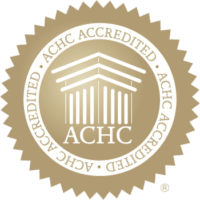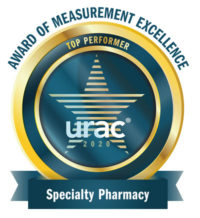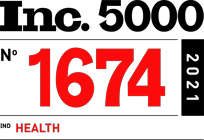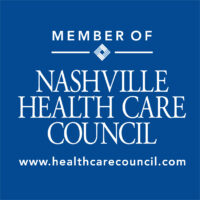Heart disease does not discriminate. Heart disease and stroke cause 1 in 3 deaths among women each year and women are only half as likely to survive a heart attack. Why?
The Hollywood Effect
Many women don’t know what a heart attack is supposed to feel like. Hollywood has skewed the perception. It’s not a falling on your knees clutching your chest kind of thing. In reality, most women tend to experience other symptoms along with some chest pain, which often goes ignored. Their symptoms are subtler, often resulting in discovering heart disease too late.
Staggering Statistics
- Women age 45 and younger are more likely than men to die within a year of their first heart attack
- Only 65 percent of women said the first thing they would do if they thought they were having a heart attack was to call 9-1-1
- 70 percent of women having a heart attack took longer than an hour to get to a hospital
Symptoms and Timing
Women experience different symptoms of a heart attack than men. Extreme fatigue, shortness of breath, nausea and neck and shoulder pain, as well as disturbed sleep patterns as much as a month or two before a heart attack. During a heart attack, only about one in eight women reported chest pain, described it as pressure, aching, or tightness rather than pain.
Women have different types of heart attacks than men. While the majority of men suffer heart, attacks caused by severe arterial blockage, women can have milder blockages, and they can be hard to detect with traditional testing. Women can also have heart attacks caused by intense spasms of the heart arteries. SCAD (spontaneous coronary artery dissection) is responsible for 40% of heart attacks in women under 50. Women who present with SCAD are healthy, thin and don’t have any of the standard risk factors. To complicate diagnosis, SCAD has no special warning signs.
The Importance of Cardiac Rehabilitation
Women lag far behind men when it comes to heart attack recovery. Cardiac rehabilitation, proven to vastly improve the quality of life of heart attack survivors, has failed to reach more than 80 percent of women who are eligible. Heart disease, like any other chronic illness, requires ongoing support for complete and lasting recovery.
- 31% of women are referred for cardiac rehabilitation compared to 42% of men
- Once referred, attendance rates for women are 50.1%, compared to 60.4% for men
- Only 54% of women who start cardiac rehabilitation complete 25 or more sessions
Medication Management
Surviving a heart attack and managing heart disease means taking a handful of medications on a daily basis. Why? Heart disease does not have a one-size-fits-all magic pill. And for a lot of women, this can lead to a missed dose or several. Medication management solutions simplify medication management and improves adherence. Medications can’t do their jobs if not taken correctly.
Living A Full Life with A Healthy Heart
Understanding heart disease, the differences and the roles that personalized therapy and medication plays mean the difference between hospital readmission and the choice of healing at home and living a full life with a whole heart.
“Nevertheless, I will bring health and healing to it; I will heal my people and will let them enjoy abundant peace and security.” Jeremiah 33:6
Sources
- Coronary Artery Disease-Coronary Heart Disease, American Heart Association, heart.org, April 26, 2017.
- https://health.usnews.com/health-news/patient-advice/articles/2016-03-14/heart-attacks-are-different-in-women-and-its-time-we-treat-them-that-way
- What Drugs Should I Avoid if I Have Heart Disease?, WebMD Medical Reference, Reviewed By, Suzanne Steinbaum, MD, on October 29, 2017
- https://www.goredforwomen.org/about-heart-disease/living-with-heart-disease/managing-your-heart-medications/
- Medication Effects Women, Prevention, Sarah Klein, October 8, 2105
- http://www.heart.org/HEARTORG/Conditions/More/MyHeartandStrokeNews/Coronary-Artery-Disease—Coronary-Heart-Disease_UCM_436416_Article.jsp#.WnnVoGaZOL8
- https://cvquality.acc.org/docs/default-source/h2h/3-med-management-evidence-slides.pdf?sfvrsn=3cd58fbf_2















